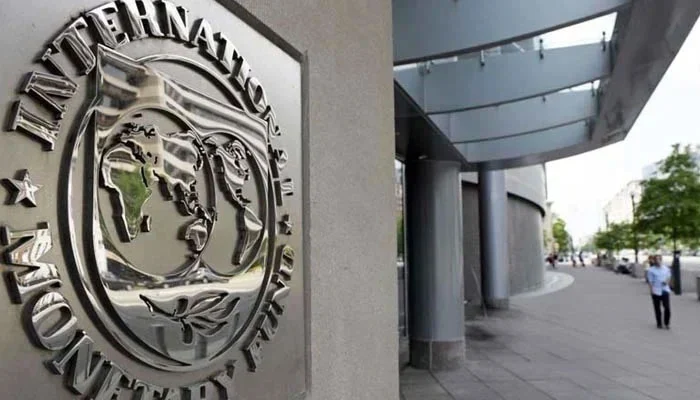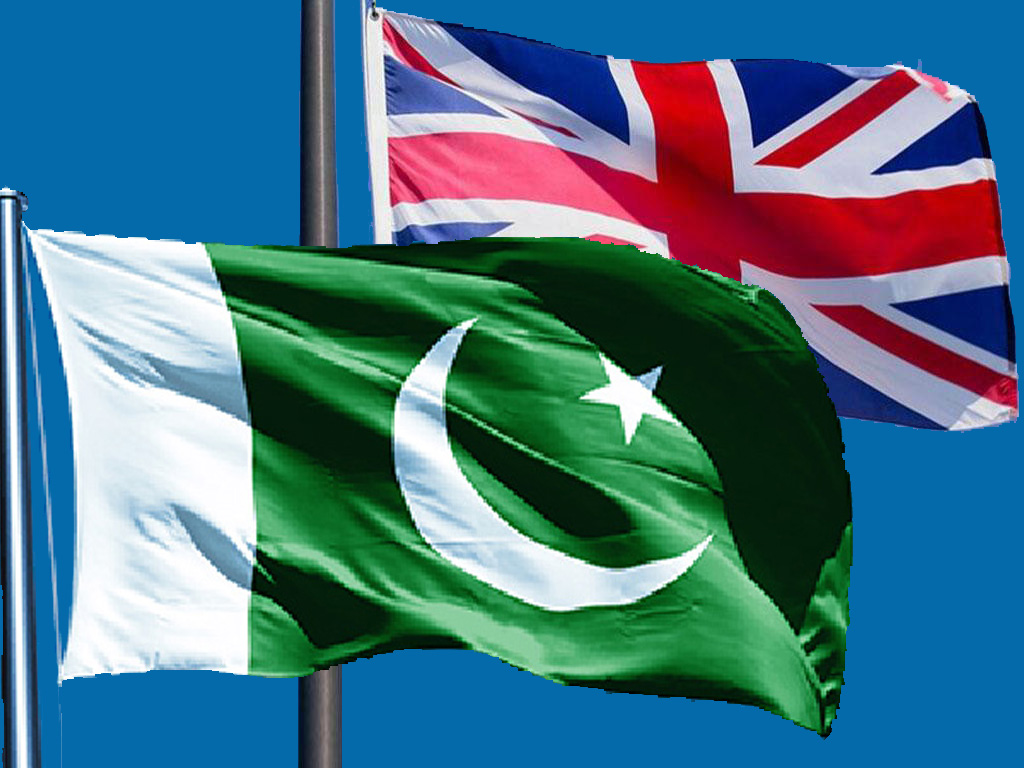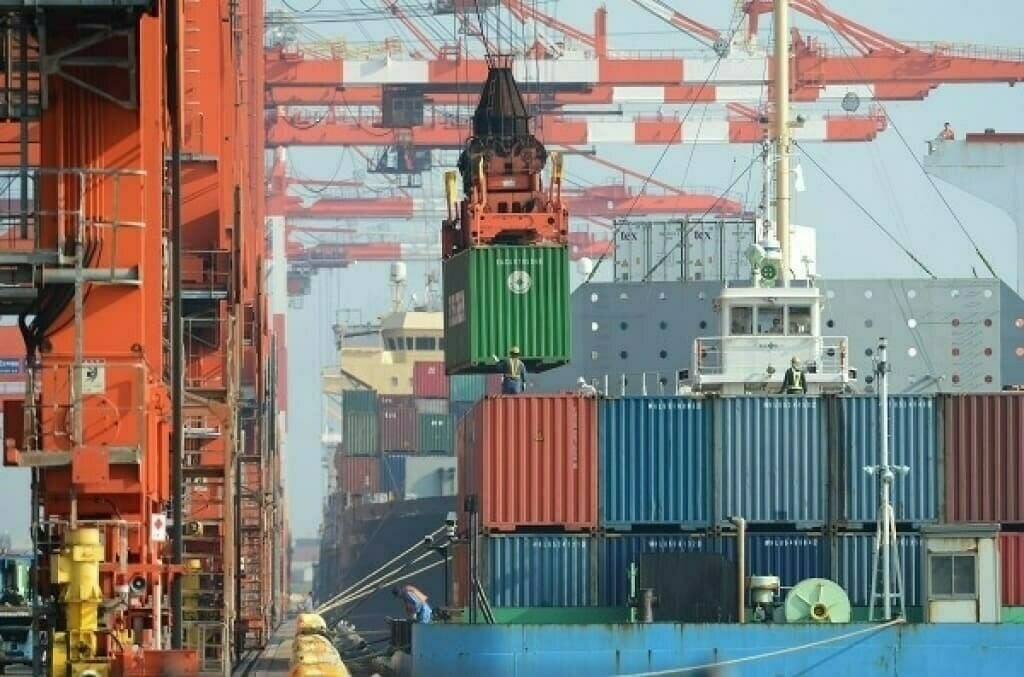PTBP Web Desk
The International Monetary Fund (IMF) is gearing up for a significant visit to Pakistan, expected by the end of February or early March, to conduct the first review of the $7 billion Extended Fund Facility (EFF) programme. This news was shared by Federal Minister for Finance Muhammad Aurangzeb during a media interaction on Wednesday. Despite no confirmed date yet, the minister highlighted that the review is slated around March 15, 2025, as per the IMF’s October report which outlines the schedule for assessing performance criteria by the end of December 2024.
In a detailed briefing to the Senate Standing Committee on Finance and Revenue, chaired by Saleem Mandviwalla, Aurangzeb emphasized the government’s resolve to adhere to the commitments made under the three-year Fund programme. “We are in and know where we are, what we are committed to, and we are going to stay firm with those commitments,” he affirmed. The minister also hinted at potential adjustments in the upcoming 2025-26 budget to align with these commitments.
One of the pivotal discussions during the meeting revolved around restructuring the tax system. Aurangzeb proposed separating tax policy from the operations of the Federal Board of Revenue (FBR) in the next financial year. This separation aims to allow the FBR to concentrate on its primary role of tax collection, enhancing both efficiency and productivity.
The finance minister also addressed the disproportionate tax burden on Pakistan’s salaried class, acknowledging the issue as personally concerning. “This is my personal view, that indeed on the salaried class side, there is a disproportionately high burden,” he said. Steps are being taken to simplify the tax form to ease this burden, with an emphasis that 60-70 percent of employees are not subject to the super tax.
The committee’s agenda also included a discussion on environmental taxation, particularly the conversion of certain taxes into a carbon tax, in line with the World Bank’s Country Partnership Framework which focuses on climate and carbon issues. However, concerns were raised by members like Senator Farooq H Naik about the potential inflationary impact of this tax on the poorer sections of society.
The meeting shed light on the government’s approach to gas pricing for industrial use, where Aurangzeb clarified the price increase to Rs3,500 for 1,100 Captive Power Plants out of 56,000 industrial units.
Reforms to streamline tax administration, making it less burdensome for taxpayers while maintaining fairness and efficiency in collection, were also emphasized. The finance minister outlined a shift towards a more inclusive and transparent budget planning process, starting earlier in January rather than April, and involving various stakeholders like the Pakistan Business Council (PBC) and different chambers for input.
On the Public Sector Development Programme (PSDP), Finance Secretary Imdadullah Bosal informed that no new budget is proposed for the next fiscal year, but funding for five ongoing projects under the Finance Division would continue, with an allocation of Rs3.1 billion.
The effectiveness of long-standing training programs for FBR officers was questioned by Mandviwalla, seeking tangible outcomes from these programs. Bosal committed to providing detailed information on this matter to the committee.




